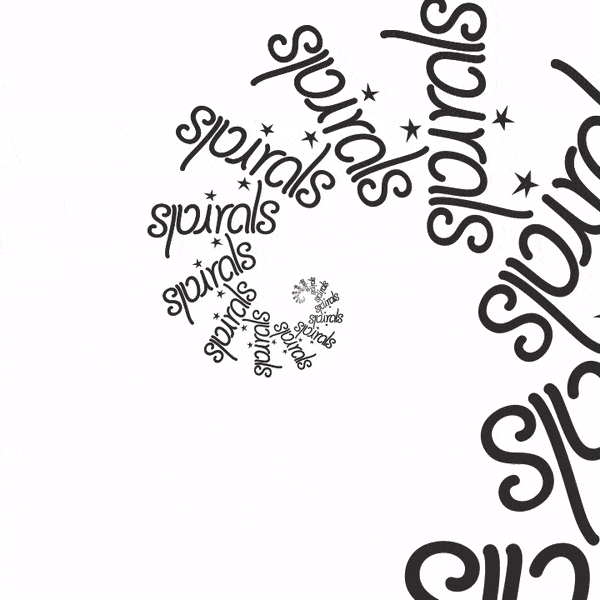Candace Figg & Jenny Burson have just released a book titled: Designs for Unpacking Technological Pedagogical Content Knowledge (TPACK), making this the second textbook that utilizes the TPACK framework. You can find out more about the Figg & Burson book by going to its website, here; and about the previous textbook by going here.

I haven’t had a chance to read the book as of yet, but from one of the pdfs on the site this is what I could find:
The book introduces you to instructional design for tech-enhanced lessons based on research about teacher knowledge. The knowledge a teacher needs in order to teach has been summarized as the combination of understanding about pedagogy and the content area so that the teacher understands how to use pedagogy in that particular content area (Shulman, 1986). In the last few years, that model has been expanded to include technology, so that a teacher who understands how to teach with technology understands the pedagogy for teaching with the tool and learning with the tool in that content area (Mishra & Koehler, 2006)—called Technological Pedagogical and Content Knowledge (TPACK). This book presents the practical applications of what TPACK looks like in daily classroom practice so teachers new to teaching with technology can successfully plan and implement lessons that are tech-enhanced. Therefore, in-depth lesson plans for five models of teaching (Direct Instruction, Direct Instruction using Cooperative Groups in Centers or Concept Mapping, Project-Based Learning, Problem-Based Learning in Collaborative Groups, and DGI) are presented so teachers new to teaching will see exactly how to write up a tech-enhanced lesson. As well, there are a dozen other lesson designs suggested to demonstrate how to sequence activities within these models of teaching.
We had said this before, and maybe it needs to be said again:
The fact that an idea ends up in a textbook means not just that it has been accepted by the field but also that the idea is no longer considered controversial or worthy of debate. A feeling of mustiness comes in the air… A gain in authority goes hand in hand with a rise in sterility and a loss of flexibility. Ideas in textbooks seem to somehow end up as being bullet points, lacking the suppleness and evocative richness of the original ideas. Becoming part of the establishment has its risks.
Maybe it is time for Matt Koehler and me to begin a rebellion against narrow, ivory-tower, academic frameworks that try to contain the complexity of educational technology integration in three overlapping circles 🙂




0 Comments